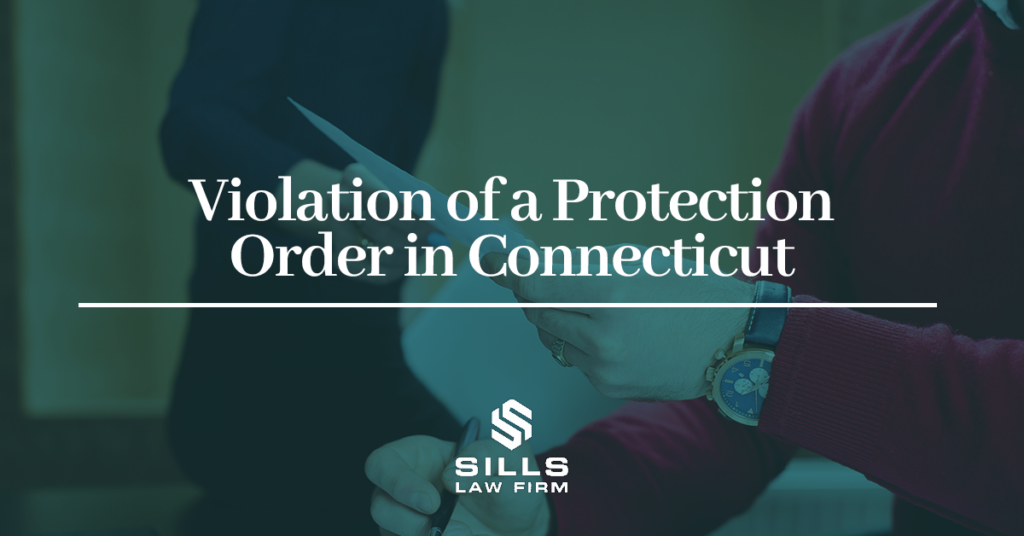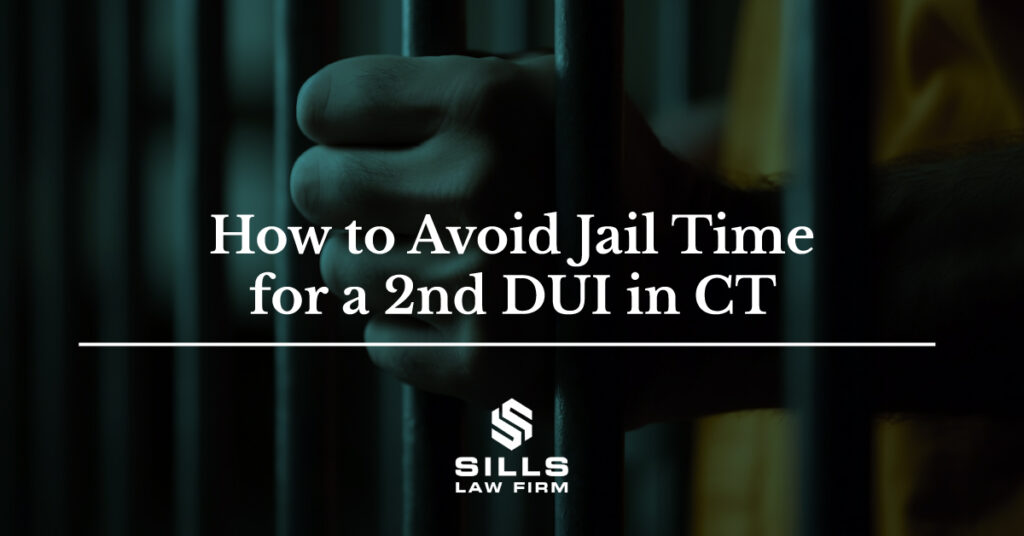The two legal standards of proof police officers need to determine whether to make a traffic stop, detain a person for questioning, conduct a search, or make an arrest are reasonable suspicion and probable cause. While both standards were set forth by the U.S. Supreme Court, there are some key differences between the two.
Reasonable Suspicion
In 1968, the Supreme Court ruled that the police can briefly detain an individual if an officer has reasonable suspicion that an individual committed a crime, in the middle of committing a crime, or plans to commit a crime. Essentially, it is a reasonable belief according to the circumstances or facts of the incident and the experience and training of a police officer.
Keep in mind, having a “gut feeling” or a “hunch” is not enough to fulfill the reasonable suspicion standard. While reasonable suspicion appears subjective in nature, it must be supported by the facts and circumstances of the situation.
For example, if a police officer notices a driver committing a traffic violation (e.g. speeding, driving with a broken taillight, driving without headlights on, etc.), the officer has reasonable suspicion that the driver may be committing a crime or driving under the influence and commit a traffic stop.
Probable Cause
While reasonable suspicion is necessary to pull someone over or detain someone for questioning, probable cause is required to make an arrest or issue a search warrant. According to the Fourth Amendment of the U.S. Constitution, citizens are free from unlawful searches and seizures and a search warrant cannot be granted without probable cause.
Another difference between reasonable suspicion and probable cause is that the latter requires concrete evidence of a crime, while the former needs an indication that a crime appears to have been committed.
In the example mentioned above, the officer observes a driver commit a traffic violation. When the driver pulls over and rolls down the window, and the officer reaches the vehicle, the officer notices the smell of alcohol coming from the driver’s breath, or the driver’s speech is slurred and his/her responses are delayed. These signs are enough for a reasonable officer to believe the driver committed a DUI.
To further establish probable cause, the officer may ask the driver to perform a field sobriety test (FST) or preliminary breath test. If the FST shows the driver lacks balance or coordination or the breath test shows the driver has a blood alcohol content (BAC) of at least .08, the officer will have probable cause to make an arrest.
Arrested for a Crime in Connecticut?
In order to establish reasonable suspicion and probable cause, police officers must follow certain rules to ensure the suspect’s rights are protected and the investigation is transparent and fair. When law enforcement makes an error, then any evidence gathered at the scene of the crime can be thrown out of court.
At The Sills Law Firm, our legal team can review your case, determine your legal options, and find weaknesses in the prosecution’s case to either get your entire case dismissed or significantly reduce the charges you face.
Do not hesitate to contact us at (860) 524-8118 and schedule a free consultation today.
Related:






